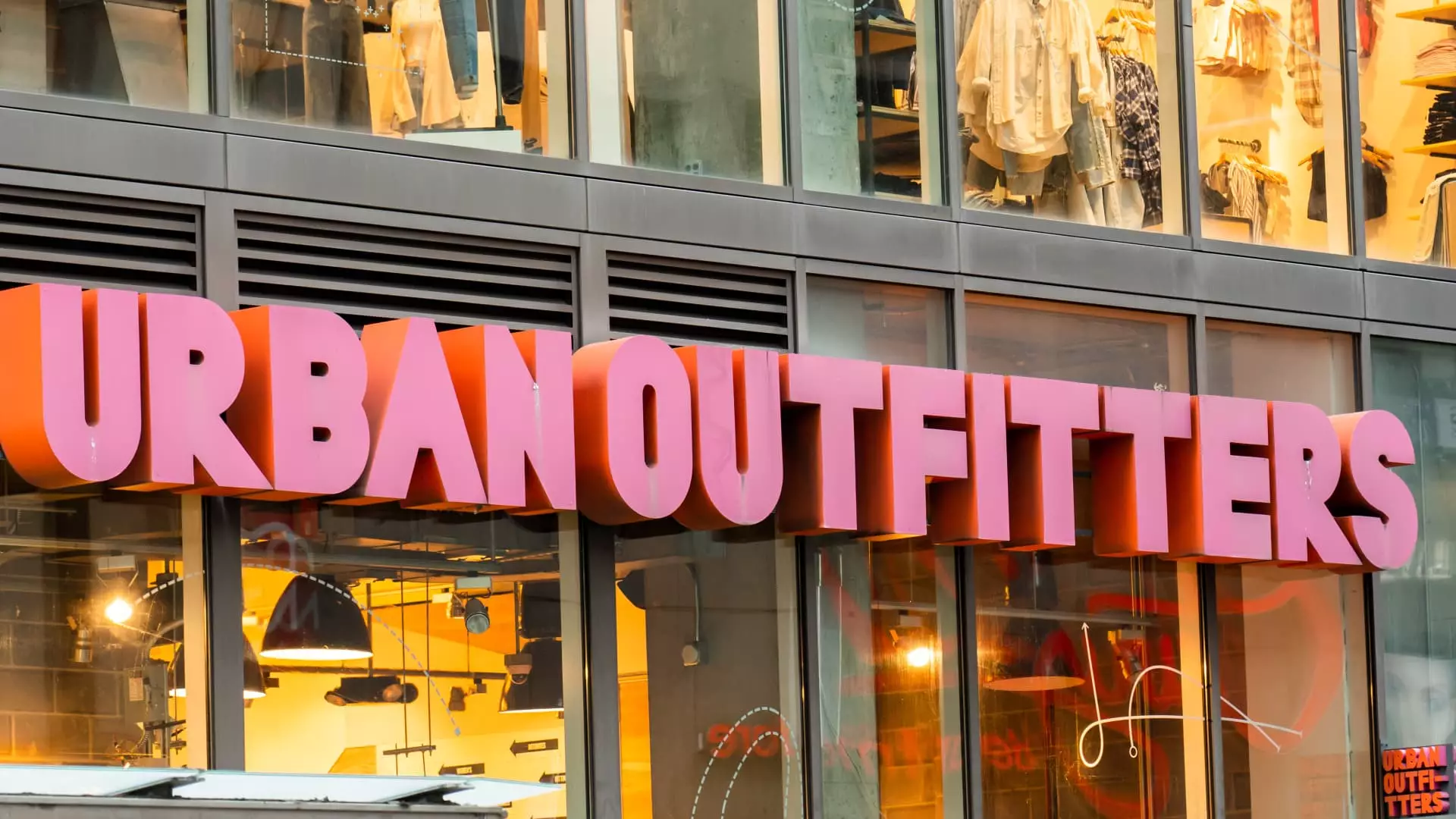In an increasingly volatile market, Advance Auto Parts has contradicted the prevailing expectations with an astonishing 57% surge in its share prices. This car parts retailer, long viewed with skepticism by analysts, reported a third-quarter loss of only 22 cents per share, significantly less dire than the 82-cent loss anticipated. The importance of this unexpected performance cannot be overstated; it challenges the narrative that legacy retail businesses are inevitably doomed in the age of e-commerce and digital services. With revenue hitting $2.58 billion—outpacing forecasts—Advance Auto not only proved its naysayers wrong but also spotlighted the resilience of brick-and-mortar establishments when they adapt efficiently. This highlights an essential fact for investors: traditional businesses can survive and thrive even when the marketplace shifts drastically.
Health Insurance Stocks Face Turbulence
Conversely, this quarter has been particularly brutal for health insurance stocks, as evidenced by the announcements from the Centers for Medicare & Medicaid Services regarding stricter Medicare Advantage audits. Companies like Humana and CVS Health witnessed sharp declines, with Humana’s stock plummeting over 7%. This moment begs the question: can such firms weather the storm, or is this a prophetic glimpse into the potential instability of the industry? The looming fear of regulatory oversight should not be underestimated; in a sector that’s already rife with uncertainty, such aggressive measures may indeed signal the beginning of a more considerable shift. Investors should start asking hard questions—are these companies adequately prepared for a regulatory environment that is not going to relent?
Retail Resurgence: Urban Outfitters Leads the Charge
In stark contrast to the downturn in health insurance, the retail landscape saw some unexpected uplift with Urban Outfitters experiencing a robust 23% increase following positive earnings reports. This is not merely a friendly bump for the company but rather a resounding affirmation of the enduring appeal of physical retail spaces. Urban Outfitters demonstrated that middle-market retailers could still innovate and connect with consumers meaningfully. Earnings of $1.16 per share against a backdrop of analyst predictions set at 84 cents reflect more than just a moment of good fortune; they portray a strategic company navigating through challenging waters with skill and dexterity.
Disappointment for the Solar Market
On the flip side of the financial spectrum, the solar energy sector found itself amidst harsh realities. With Sunrun’s stock sinking more than 37%, investors were left grappling with the implications of new Republican tax policies that appeared more punitive than initially expected. This decline speaks volumes about the volatility inherent in the green energy sector, raising queries about whether the excitement around renewable energy is justified or simply a product of overzealous optimism. Companies like SolarEdge and Enphase plunged dramatically, reinforcing the idea that even the most promising industries can be subjected to sudden shifts based on legislative maneuvers.
Semiconductors Facing Challenges Amid Mixed Results
Despite beating expectations in quarterly reports, Analog Devices saw its shares decline by 4.6%. This phenomenon begs contemplation: what does it communicate about investor sentiment in the semiconductor market? The tech landscape is rapidly evolving, and companies must not only report strong earnings but also convincingly project future growth to reassure jittery investors. Analog Devices’ upbeat guidance couldn’t stave off the declines, suggesting that the market is less reactive to raw numbers and more attuned to the anticipation of sustained growth—a challenging dynamic for any business operating in the fast-paced technological environment.
Turnaround Leadership at Pitney Bowes
In a surprising twist, Pitney Bowes has gained 9.5% following the announcement of Kurt Wolf as the new CEO. The departure of Lance Rosenzweig marks a potential turning point for a company long criticized for its stagnant performance. Leadership changes often serve as a double-edged sword, but in this instance, the market appears to welcome new vision and direction. Wolf’s approach will be pivotal in shifting the corporate culture and revitalizing its strategic outlook. Such shifts highlight the intricate relationship between corporate governance and market response, showcasing how effective leadership can indeed turn tides—even in the murky waters of struggling industries.
Investors must remain vigilant; staying informed and agile in response to these shifts can determine success in this ever-evolving market landscape.

